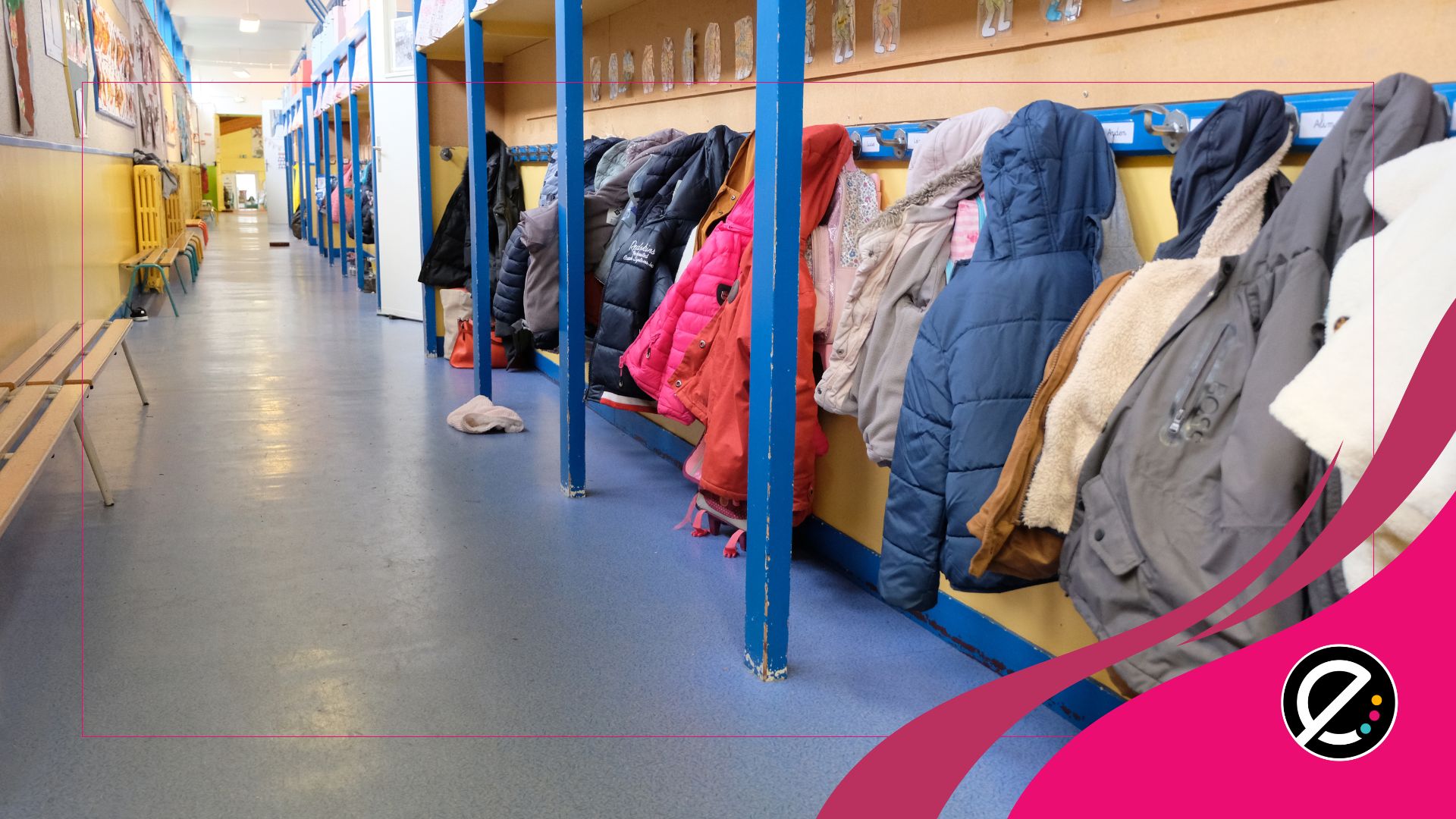Par Jessica Allocca, M. Ed, orthopédagogue et fondatrice d’Eureka Concept
Les élèves sont de plus en plus exposés au numérique, avec tous les risques qui s’y rattachent. Le Web est une source d’informations immense et extrêmement stimulante pour favoriser l’apprentissage, mais il faut l’utiliser avec prudence. Eureka Concept propose une nouvelle activité visant à sensibiliser les élèves du primaire aux risques de la toile.
Pourquoi sensibiliser les élèves aux dangers du Web?
Internet est un endroit stimulant pour explorer, découvrir, apprendre et interagir avec les gens. Malheureusement, il existe également des pièges, des prédateurs, des voleurs d’identité et d’autres outils ou ressources en ligne qui peuvent essayer de faire du mal. Afin d’être en sécurité en ligne, il est important que les jeunes soient conscients des dangers.
Nombre d’entre eux sont convaincus qu’ils savent comment naviguer en toute sécurité. Cependant, ils ont rarement une compréhension complète de la puissance du Web et de l’ensemble des risques ou répercussions potentiels à court et long terme. En effet, ils peuvent ne pas toujours penser aux conséquences de leurs actions, ce qui peut les amener à partager trop d’informations sur eux-mêmes. Les enfants sont aussi parfois spécifiquement ciblés par les publicités, les cyberintimidateurs ou les prédateurs de toutes sortes.
Au fur et à mesure que les élèves acquièrent de nouvelles compétences et connaissances en technologie, ils deviennent plus aventureux dans leur utilisation. Le comportement et la sécurité en ligne devraient donc faire partie intégrante de leur environnement d’apprentissage.
Comment protéger les jeunes des risques de la toile?
Il existe une panoplie de moyens et d’outils qui permettent de sensibiliser les enfants aux dangers du numérique. L’une des pratiques les plus efficaces consiste à les éduquer en discutant ouvertement du sujet. En effet, il est primordial, en adaptant l’information à l’âge et au niveau de compréhension des enfants, de leur exposer les bonnes pratiques pour naviguer en toute sécurité.
Tout d’abord, il est essentiel de bien connaître les différents types de dangers en ligne. Par exemple, les enfants et les adolescents peuvent trouver du contenu inapproprié, comme de la pornographie, de la violence ou un langage obscène. Il existe également une possibilité de cyberintimidation ou de cyberharcèlement de la part d’autres personnes. Cela ne signifie pas que les élèves seront confrontés à toutes ces menaces; par contre, connaître les dangers peut grandement aider à faire les bons choix en ligne.
Quelle activité choisir pour ouvrir la discussion?
Eureka Concept, une entreprise québécoise, a récemment lancé Réfléchis avant de cliquer, une activité de sensibilisation aux dangers du Web. C’est une capsule vidéo gratuite qui permet aux enseignants du primaire d’introduire le sujet auprès de leurs élèves. De plus, différentes activités accompagnent la capsule afin d’initier des discussions, mais aussi d’explorer cet univers et de favoriser l’intégration du contenu.







